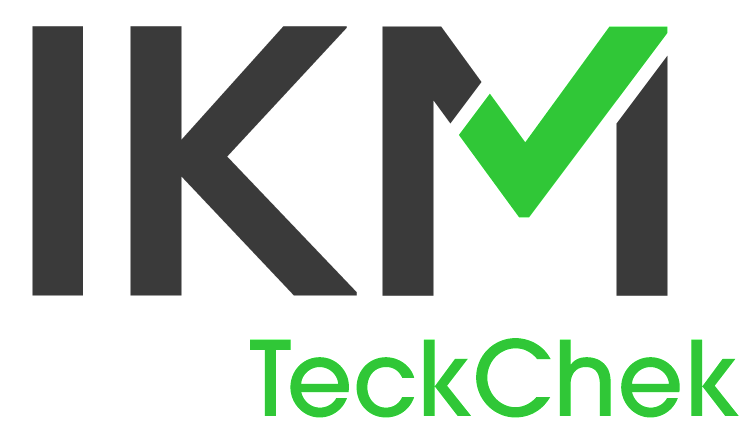IKM combines standard and unique skills assessment methodologies to ensure the level of detail, sophistication and length of assessment match your individual requirements.
When considering assessments for employee and employment testing and screening, it is important to explore the testing methodology used. It is the methodology that determines the accuracy and relevance of the test results, the duration required to conduct the test, and the overall level of feedback provided on the assessment-takers skills, knowledge and abilities.
These methodologies offer different reports and features, and are available across various industries and disciplines. IKM is known worldwide for its unique Adaptive Methodology that is unsurpassed in its field.
For key roles in your organization, you should look to IKM’s assessments, providing accuracy and detail to effectively and efficiently conduct pre-hire testing, employee testing (such as pre-training testing and post-training testing) and certification programs.
Combining standard and unique methodologies, IKM offers the most cost efficient and effective way to increase the return on investment (ROI) of your human capital initiatives. Ensuring the highest degree of result integrity in the shortest possible time, IKM’s Adaptive Methodology includes:
- adaptive testing at sub-topic levels
- weighted questions and answers
- multiple correct answers
- percentile rankings
- skills database
IKM’s Linear Methodology provides a simple alternative to adaptive testing when a comprehensive detailed analysis of strengths and weaknesses is not required. Linear testing is ideal for:
- converting existing paper-based tests to electronic delivery and scoring
- supporting true/false, multiple choice or fill-in-the-blank questions
- aptitude testing
- simplifying custom test creation
Join other clients and use IKM's skills tests to improve your bottom line:
- Reduce hiring time and costs
- Improve training ROI
- Maximize productivity of your project teams
- Improve skill-gap analysis workforce planning
- Optimize career development
- Reduce staff attrition
- Improve corporate standards


